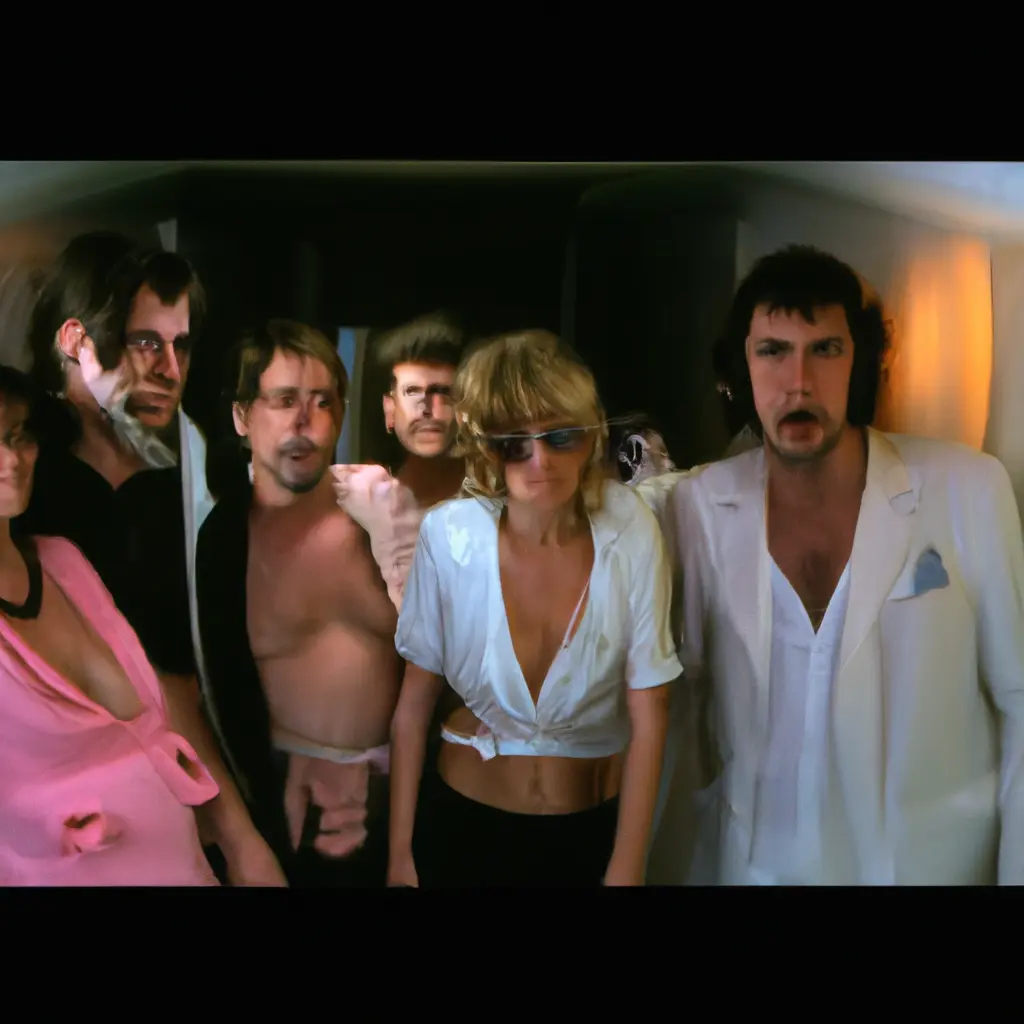Review: La Chimera with Josh O'Connor is a raunchy and beautiful flashback to the past.


It is said that to one, trash is treasure, to another. But in Italian director and screenwriter Alice Rohrwacher's fantasy, taking place in 1980s Italy, that line has never seemed so thin. Under the lens of the author of Happy as Lazarro, the gorgeous little town of Riparbella inTuscany looks like a dump, but only here, if you turn over the trash, can you find valuable artifacts. The boundary between past and present is found in just one broomstick - the eternal mystery of Italy, which Rohrwacher has once again captured with her exquisite magical realism. It's just that no one mixes the present and the past like she does, and blessings on us for that.
Starring in the title role is the always magnificent Josh O'Connor as Arthur, the typical ragamuffin with a heart of gold that was seen so many times on European movie screens of the 60s and 70s - think Jean-Paul Belmondo in any Jean-Luc Godard film or Marcello Mastroianni in the films of Federico Fellini. It's perfect that La Chimera was shown at the New York Film Festival along with a recently discovered short film where Agnès Varda interviews Pier Paolo Pasolini while walking the streets of Manhattan, exactly the kind of atmosphere you need to create when watching La Chimera. The transgressive playfulness of the New Wave, where everyone was sexy and their sleeves were covered in dirt.
When we meet Arthur, he's walking out of prison in the dirty white suit he no doubt showed up there in - and we barely see him in other clothes throughout the movie, because only a ragged uniform suits this character. She simultaneously screams "I don't care" and "I look damn cool". Notice how all the girls in the train car Arthur falls asleep on are laughing at his cute appearance, so much so that they don't even notice until the conductor points out how bad this man smells.
Arthur returns to Riparbella in search of a hidden loot of stolen artifacts. It turns out that his former gang of criminals, called tombaroli or tomb robbers, kept his loot while he was in prison. His attempt to avoid meeting them lasts only five minutes, and he quickly finds himself drawn into their mischief, though he claims his instincts are purer. A lost love story, communing with the otherworld - Arthur is a lonely man, and he's trying to dig up ghosts. It's not just getting the money.
14 May 2025
14 May 2025

His job, desecrating ancient burial grounds and stealing their ceremonial vases and bowls to sell on the black market to earn a tiny fraction of what they'll sell in two steps, is nothing honorable, but O'Connor perfectly captures that sordid romantic spirit of the past in Arthur - he's not a good man, and you can understand that he stinks, but how alluring. And besides, corrupt cops aren't any better - they're targeting Arthur, and he's going to have a hard time getting rid of that, considering he's a tall, big-eared Englishman walking the streets in a white suit. But no one is a hero. Everybody's hands are dirty. Most of the time it's downright literal.
His lost love's mother Flora (a wonderful and very funny Isabella Rossellini) sometimes takes Arthur in so he can live under the leaky roof of her ruined estate, which she refuses to leave even though it's falling apart because her dead daughter didn't know where to find her. She has a dozen other daughters - it's like a joke from the Paul Thomas Anderson movie "Madly in Love," where the main character, sister by sister, all crowding in and creating a kafkana - they all argue loudly that she should move, but she won't agree. And the only person who understands her is Arthur.
Flora is also busy teaching music to a talented young woman named Italia (Carol Duarte), and the sisters all laugh and chant "Viva Italia!" when they see her lurking around. Flora knows Italy has no talent and uses her as a maid, and Italy doesn't mind this because she has her own secrets hidden in a corner of the estate that no one knows about. Everyone's relationships here are happily transactional - it's a world of commerce, shaking change from their pockets to get a little way forward, from one day to the next, and Rohrwacher's movie aspires to a near past when this way of life was possible.
He longs for many lost times - when movies were sentiments and wandered and sparkled and created strange patterns; when people could find an abandoned building and make a home for themselves. When the very ground beneath our feet seemed full of mystery, possibility, and history. The scene where these characters don't go swimming in the beautiful sea because of the poisonous pollution that burns their skin, to discover the greatest treasure of their lives hidden there under sand, plastic bags and burned tires, epitomizes the essence of "La Chimera" - a sad and majestic, mysterious journey through a pile of ruins, to small corners of elusive magic that disappear as soon as light and air fall on them.
Comment
Popular Offers

Subscribe to the newsletter from Hatamatata.com!
Subscribe to the newsletter from Hatamatata.com!
I agree to the processing of personal data and confidentiality rules of Hatamatata











